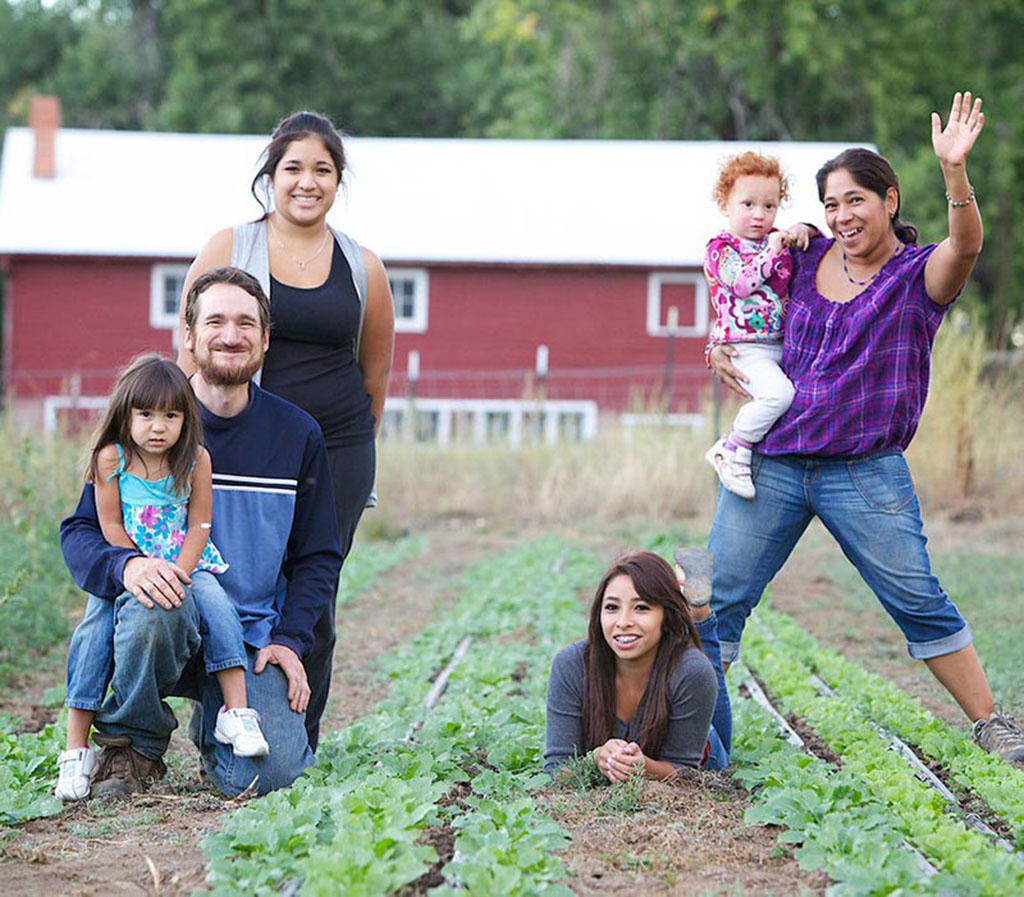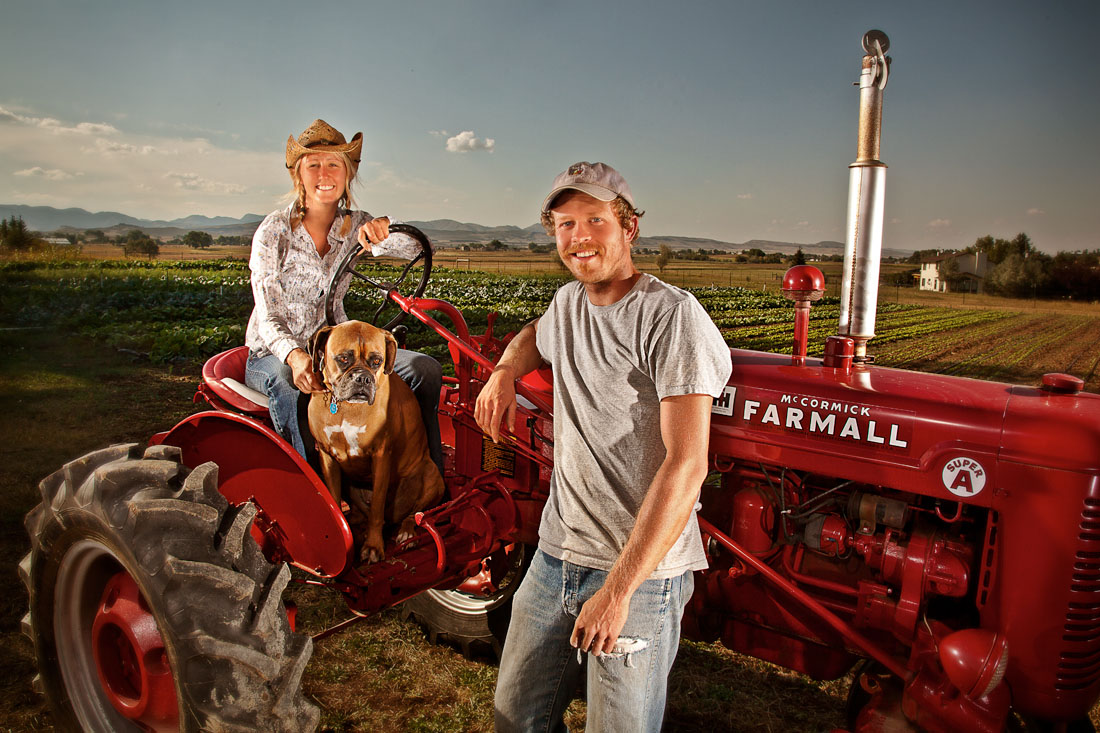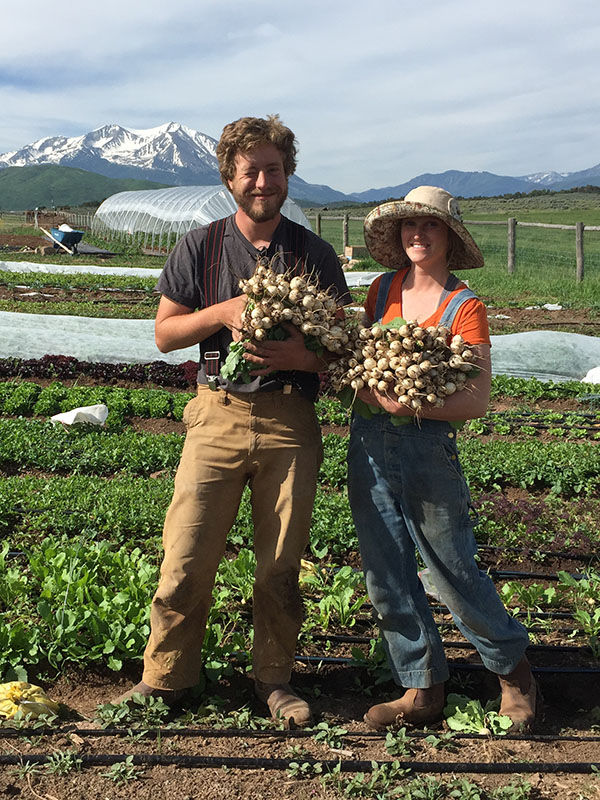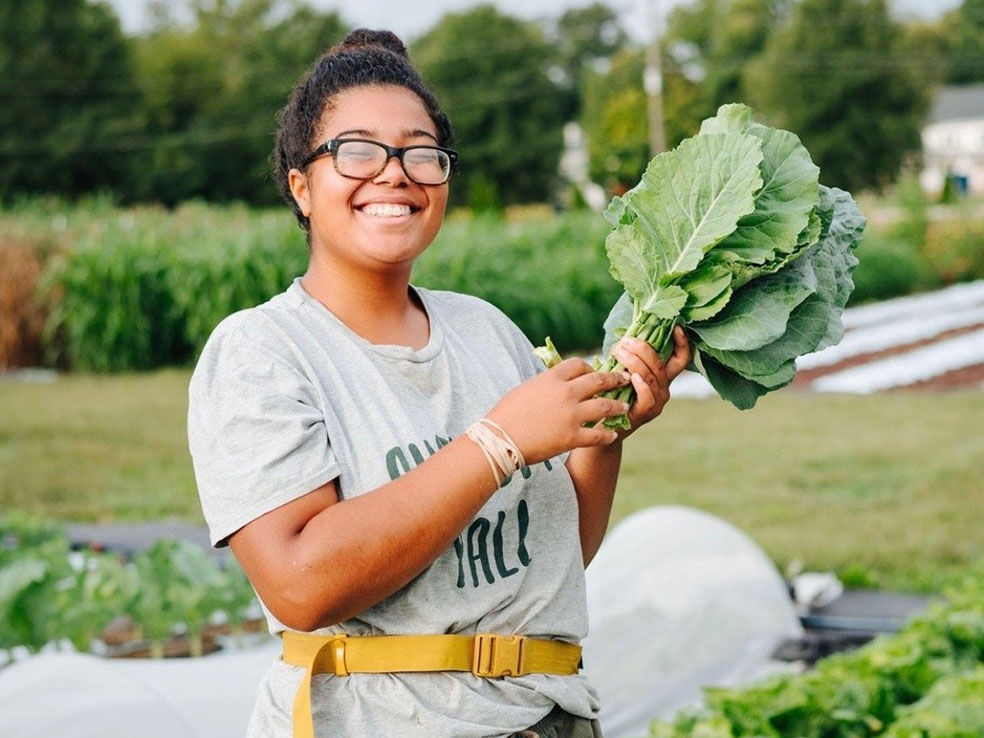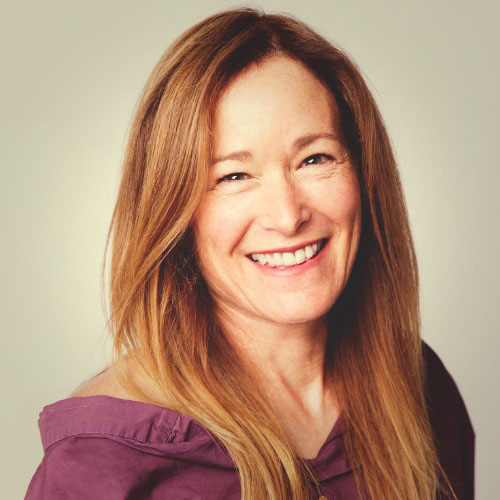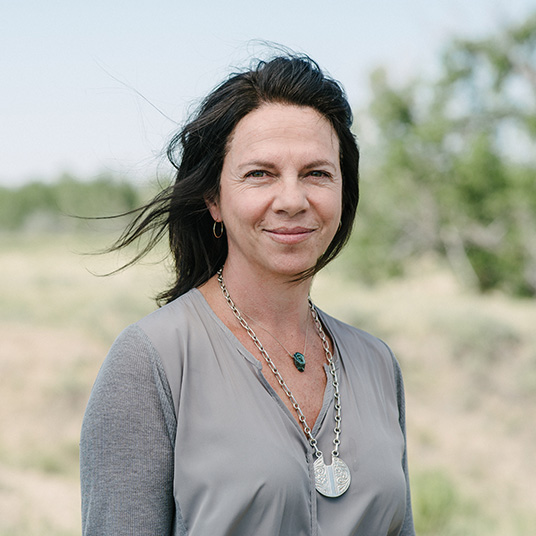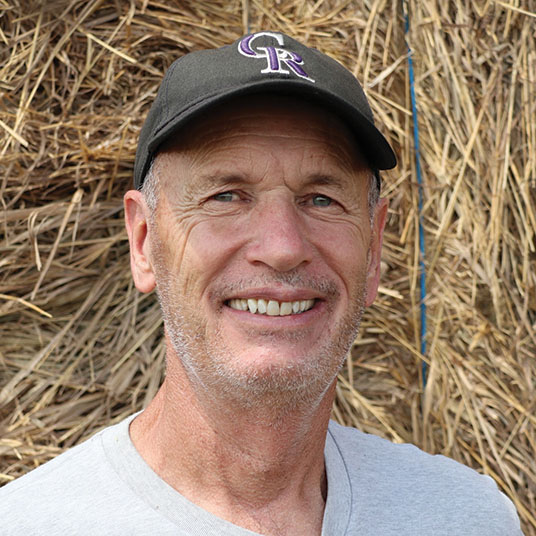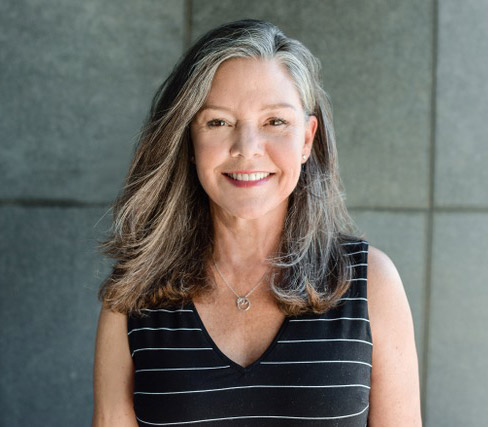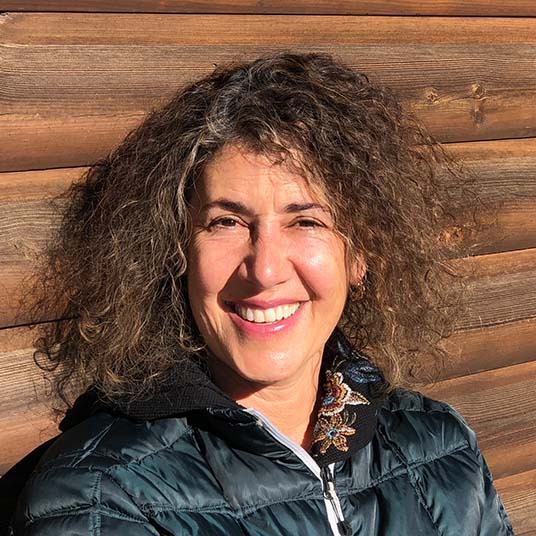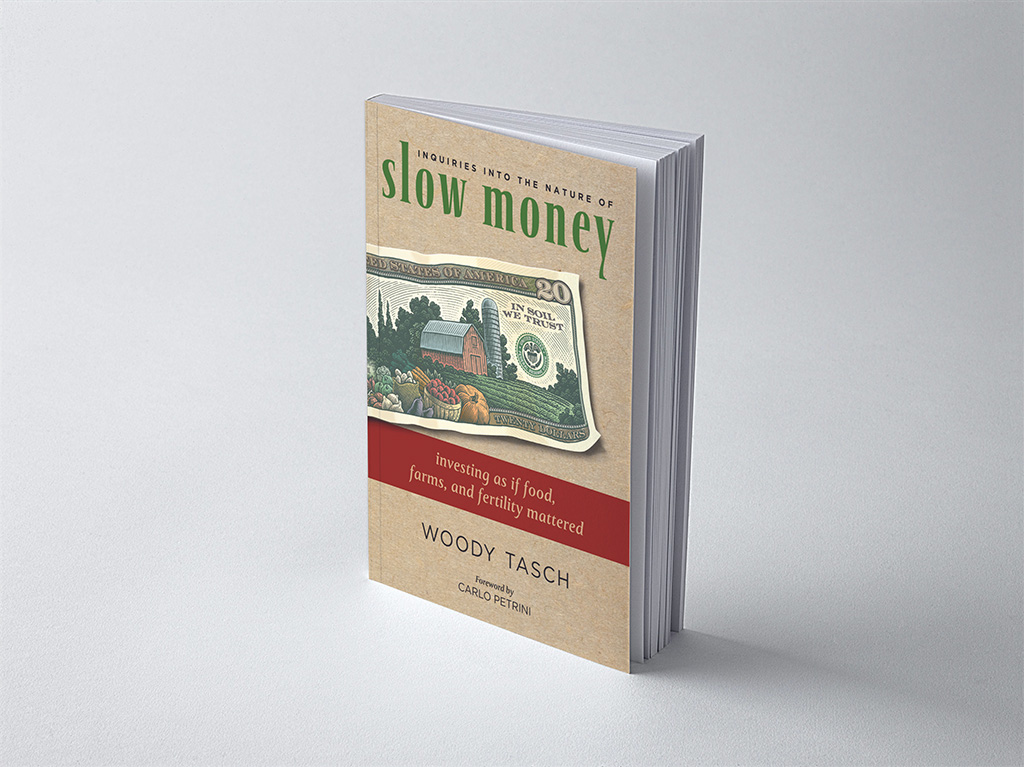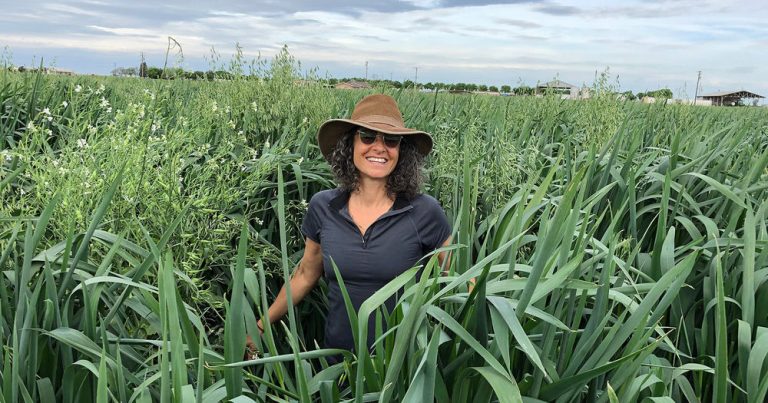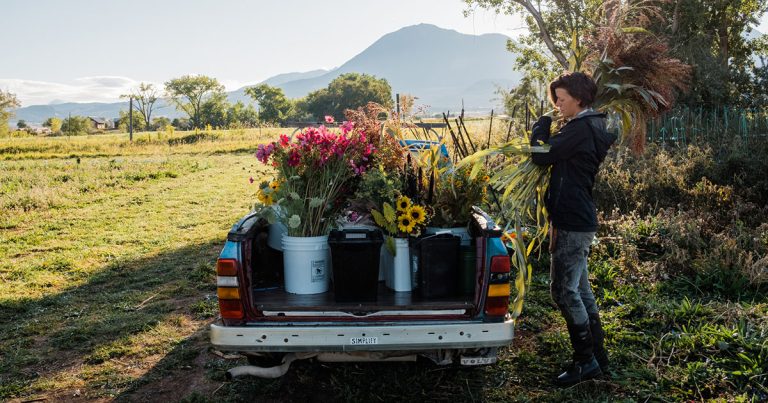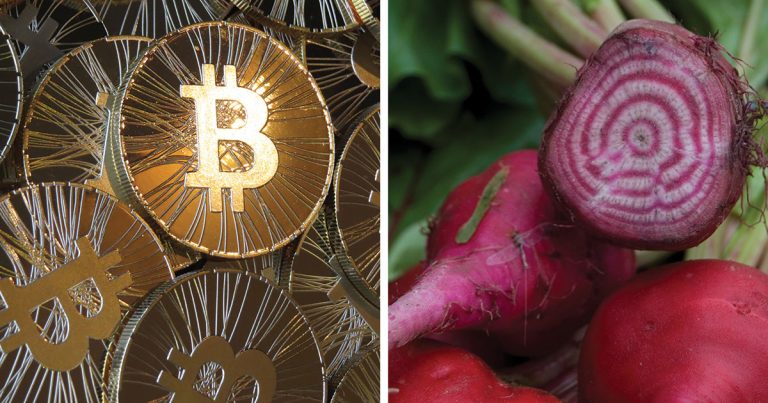
September 14 • 3 min read
UpdatesFrom Bitcoin To Beetcoin
I don’t know what a bitcoin is. I know how bitcoin is described in the media, that it is called a crypto-currency, that the Japanese programmer who created it is shrouded in secrecy, that it has been used by drug dealers, that venture capitalists are pouring billions of dollars into “mining” it.

Woody Tasch
Founder, Slow Money Institute

